
Scary Fact #1: 40 percent of all workers plan to delay retirement
61% blamed the decline in their 401(k) for this. And a majority said they’re prepared to spend less in retirement according to a new survey by Towers Watson.
Scary Fact #2: Nation’s retirement shortfall exceeds $4.6 trillion!
A recent study revealed Boomers and Generation X’ers are coming up frighteningly short on their retirement savings.
And when nursing home and home health care costs are added in, that shortfall doubles, according to a study released this month by the Employee Benefit Research Institute (EBRI).
Nearly half of both Baby Boomers and Gen X’ers won’t have enough funds to cover living expenses, according to an EBRI report released earlier this year.
Scary Fact #3: New 401(k) disclosure rules don’t put a lid on fees
New regulations announced this month by the Department of Labor will require better disclosure of all the hidden fees you’ve been paying in your 401(k), starting in January, 2012.
But, for all the noise on Capitol Hill about this horrifying issue, NO regulations have been proposed or even discussed to reduce the confiscatory fees you pay!
Even a one percent higher fee can cost an employee $64,000 or more in realized savings by age 65, according to the DOL’s own estimates.
The 401(k) situation is so bad that you will probably need to get an average annual return of 8% to 10% – just to break even!
Not convinced? Check out the shocking exposé Pulitzer Prize-nominated journalist Dean Rotbart and I recently co-wrote on this.
Scary Fact #4: Hope is not a strategy
We’re headed for a retirement train wreck, and it’s going to get really ugly over the next 15 years”
– Rob Arnott, a widely respected market strategist
In a well-researched article in this month’s Fundamentals Index Newsletter, the authors point out that the return assumptions built into pension and retirement plans today assume that “everything will go right.” They’ve relied on unrealistic assumptions. The authors also go on to demonstrate why returns are likely to be much lower in the future.
We’re relying on hope. But hope is not a strategy; hope will not fund secure retirements. We’re planning for the best and denying that worse can happen. It makes far more sense to hope for the best, with plans for realistic outcomes – and contingency plans for worse ones.”1
Scary Fact #5: 40 percent of retirees were forced out of work early
Remember the scene from the 1983 movie classic, “The Big Chill,” where the character played by Jeff Goldblum asks…
Have you ever gone a week without a rationalization?”
Well, many boomers today are trying to rationalize away the fact that they won’t be able to retire when and how they had planned by trying to convince themselves that retirement is overrated. They now talk about continuing to work in some capacity as long as they can.
While there’s no question that this can give you more of a sense of purpose and fulfillment and keep you from dying of boredom, the reality is that many people are being forced to retire earlier than they can afford to. Job layoffs and health issues are the primary reasons for this.
I love what I do, and I hope to be doing it for a long time. But shouldn’t the decision to retire – or not – be a matter of choice, not necessity?
The reality is that you may not have a choice. Nearly four in ten retirees say they were forced out of work earlier than they’d planned because of layoffs, poor health or the need to take care of a loved one, according to EBRI.
Scary Fact #6: All Bank On Yourself policy owners received a guaranteed increase and a dividend – again
I was just checking to see if you were paying attention! That’s not a scary fact (unless you’ve been procrastinating on starting to Bank On Yourself).
 Whole life insurance is an asset class that has increased in value during every stock market decline and every period of economic boom and bust for more than a century.
Whole life insurance is an asset class that has increased in value during every stock market decline and every period of economic boom and bust for more than a century.
A dividend-paying whole life policy grows by a guaranteed and pre-set amount every year. In addition, the growth is exponential, meaning it gets better every single year with no luck, skill, or guesswork required to make that happen.
This gives you some protection against inflation and provides peak growth when you need it most (retirement).
A Bank On Yourself-type policy includes an option that turbo-charges the growth of your cash value in the policy.
You can know (rather than hope) the minimum guaranteed income you can take from the policy in retirement.
And, you can access the money in retirement with little or no tax consequences, under current tax law.
You can also have access to capital when you want it and for whatever you want. No nosey credit apps or pledging your first born.
So, if you haven’t added Bank On Yourself to your financial plan yet, doesn’t it make sense to request a free Analysis and find out what your bottom-line numbers and results could be?
There’s no obligation, it’s not scary, and no one’s going to twist your arm! If you haven’t already started to Bank On Yourself, please take the first step today and take back control of your financial future!

1. “Hope is Not a Strategy,” Fundamentals Index Newsletter, October 2010 Issue



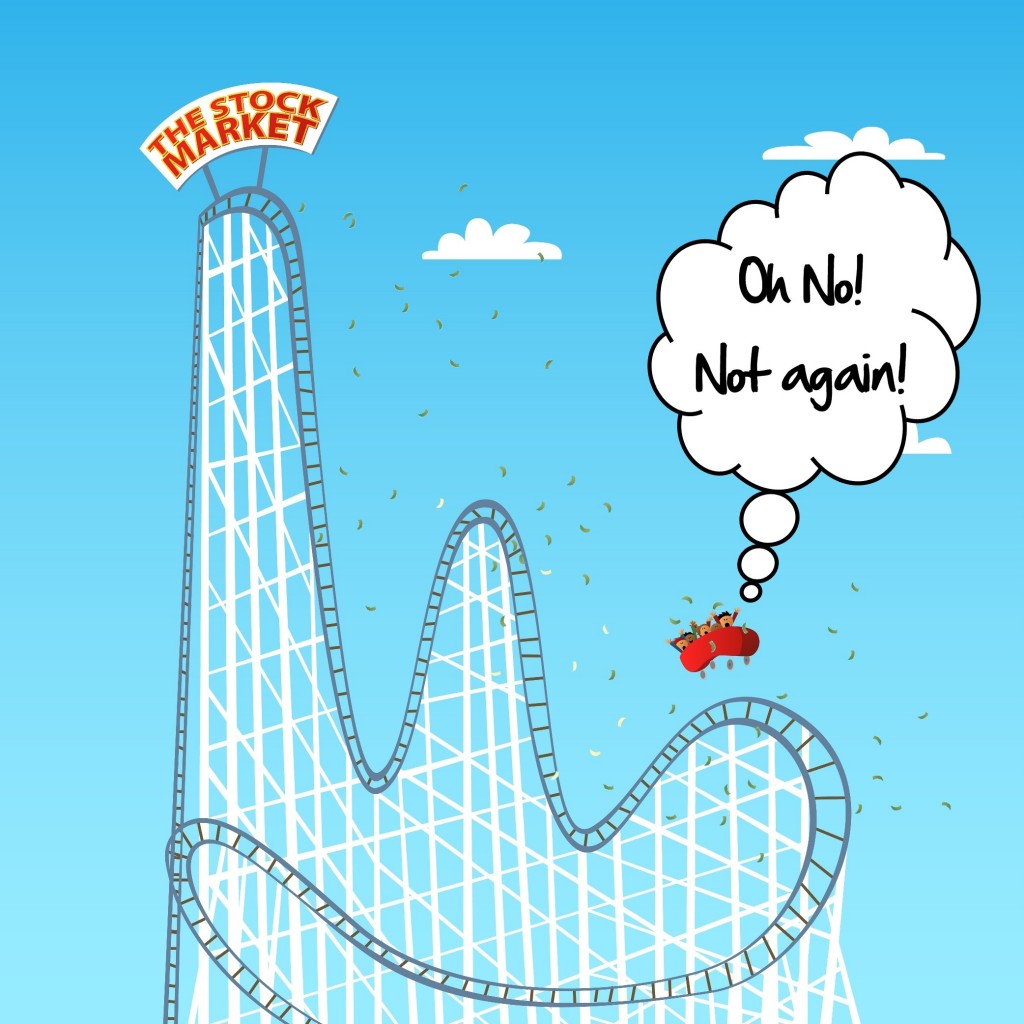
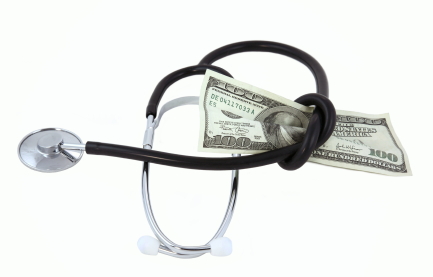

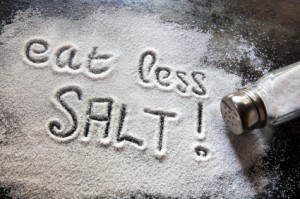
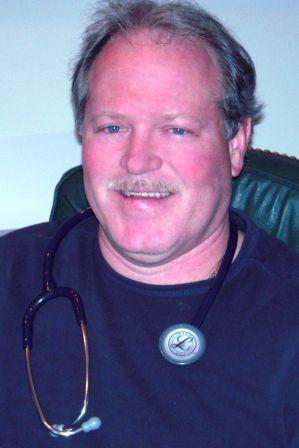



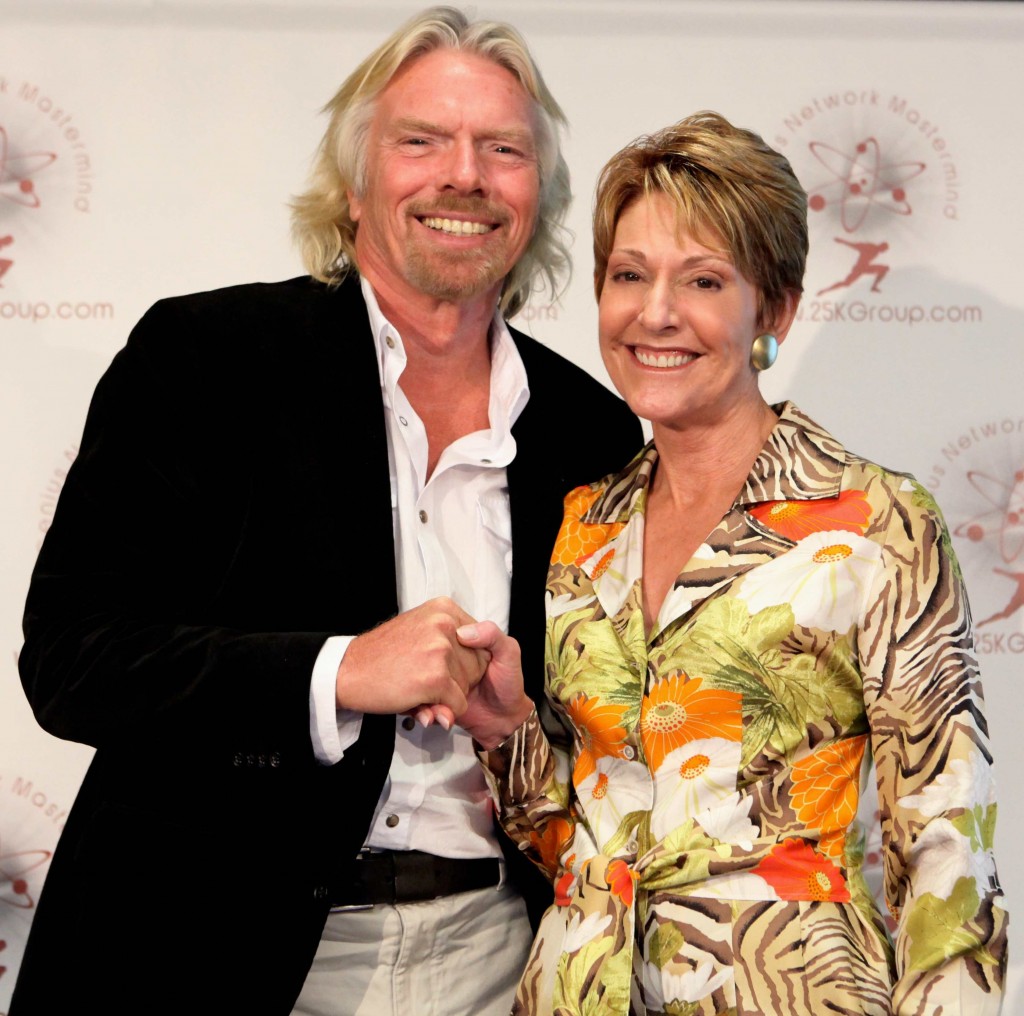
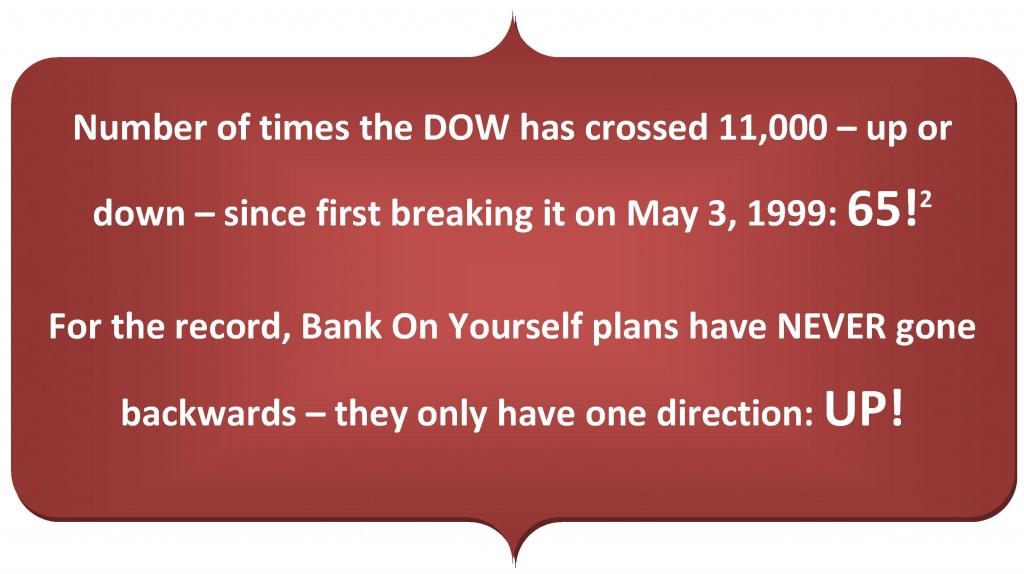



 Whole life insurance is an asset class that has increased in value during every stock market decline and every period of economic boom and bust for more than a century.
Whole life insurance is an asset class that has increased in value during every stock market decline and every period of economic boom and bust for more than a century.